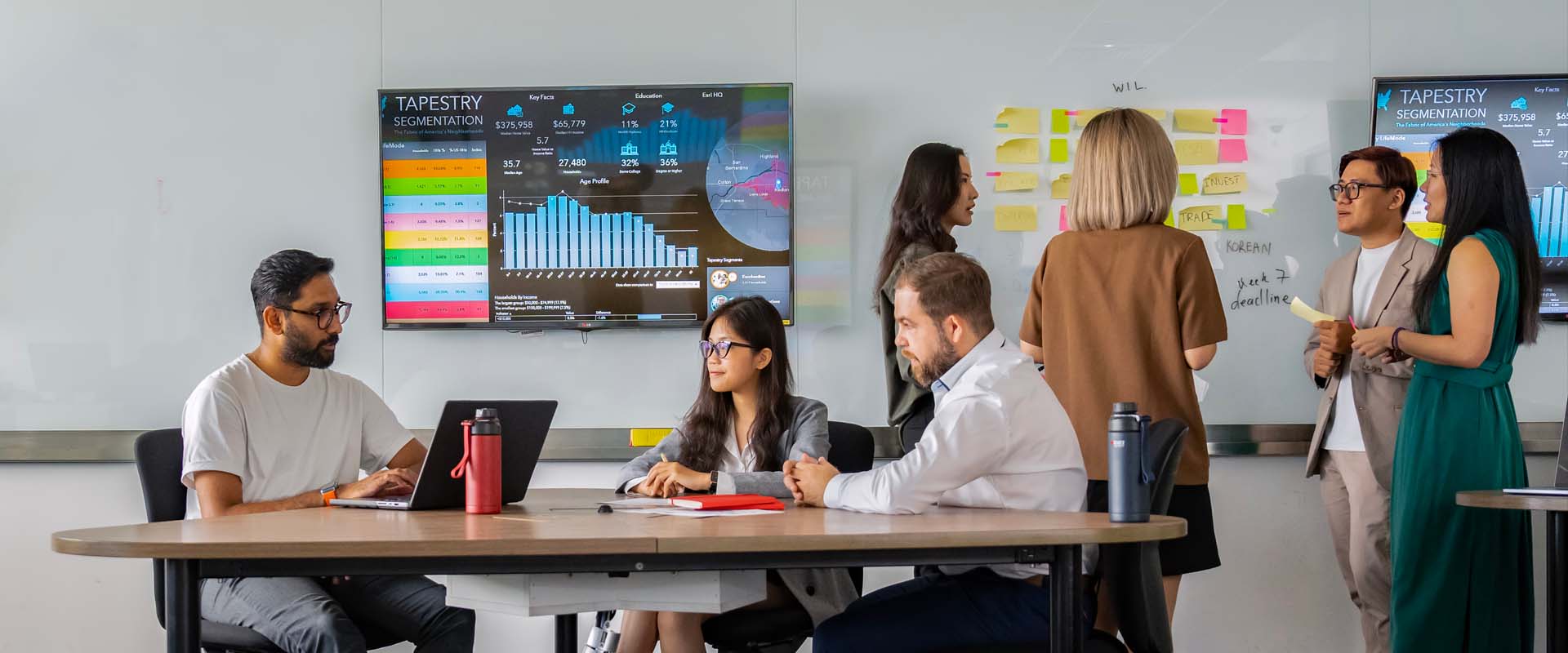Dr. Ribeiro was clearly influenced by the cultural aspects of his undergraduate journey. He decided to follow it up with a master’s degree at Penn State University in the United States, hoping to gain enough knowledge to return to Europe and manage hotels within 2 years. However, while pursuing his higher education degree, researching and applying a problem-solving approach spoke to Dr. Ribeiro in a deep way. A love for academia soon unfolded. He continued his academic journey with a PhD at Penn State and a post-doctorate at the University of Regina in Canada, where he studied and lived with First Nations Peoples.
While at Penn State, “I had a conversation with Professor Arnold, who taught me analysis of variance in grad school, and I told him about my area of research,” Dr. Ribeiro reflects, “He then asked me if I thought I would be able to solve my research question within my lifetime. I will never forget him asking me that, because at the time I figured I would have solved it within a year. His question, eventually, created a fundamental shift in the way I look at academia and life.”
Dr. Ribeiro’s research revolves around how we can use culture to build accurate predictive models of tourist behaviour. Through his research, he uncovered more questions, which of course led to further research. The process repeated itself, thus creating a character trait within himself who delights in what the famous Nobel Physics Laureate Richard Feynman called ‘the pleasure of finding things out.’ “I bring an enthusiasm for the problem-solving process to my class,” Dr. Ribeiro states. “The ‘right answer’ does not necessarily interest me – but being inquisitive and looking for ways to observe and tackle various cultural issues, all the while learning more about the world and those in it, to me, is the real gift of academic life.”
A lifelong fascination with peoples from different cultures refined Dr. Ribeiro’s understanding of just what culture is, and he returned to the United States to spend four years as an Assistant Professor at the University of Illinois. Looking to further challenge himself, when a position at RMIT Vietnam came up, Dr. Ribeiro took the chance to apply. It meant a return to Vietnam more than two decades after he first visited as a Tây ba lô (backpacker) and became enamoured of the country and its people.
“Vietnam is beautiful and profound in a number of ways,” he states. “There is real-time social evolution happening here, and the country is experiencing things economically, socially, and culturally that I had only read about and can now experience firsthand. Vietnam has boundless opportunities, but it also forces you to become efficient with your time. This country also teaches you the virtue of patience, and I find the the sense of community and community-based learning to be inspiring.”
Dr. Ribeiro has involved himself in several industry groups and tourism advocacy boards, all the while becoming a passionate advocate for Vietnamese tourism. He is currently the Chairman for the European Chamber of Commerce Tourism & Hospitality Sector Committee, the Vice-Chairman for the American Chamber of Commerce’s Tourism & Hospitality Committee, a member in the Vietnam Business Forum (VBF) Tourism Working Group and remains active in several other professional associations.
You may also have seen Dr. Ribeiro in the media sharing his insights about Vietnam tourism. His media presence is impressive, with more than 800 articles, 52 million views and hundreds of thousands of shares in the last four years alone. His LinkedIn page,@ProfessorNoms has more than 7,500 followers.
Harkening back to the question posed to him by Dr. Arnold, Dr. Ribeiro continues his work looking at the intersection of culture and tourism. “I was fortunate to have had really good educators in my life, and I aim to bring the same level of passion, care and inspiration to my role at RMIT. Learning, teaching and influencing - it’s a lifelong journey.”
Are you curious how a master’s degree can transform your perspective on learning, work and life? Check out RMIT’s business postgraduate programs.





